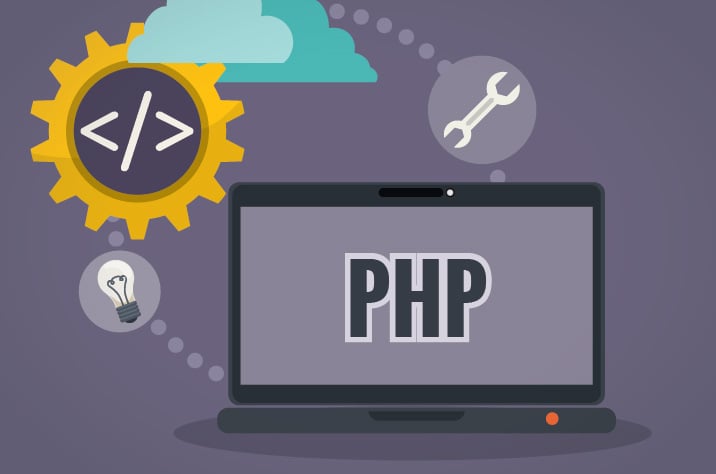Understanding PHP: A Comprehensive Guide for Beginners

Introduction
In the vast landscape of web development, PHP stands as a cornerstone, empowering millions of websites and applications worldwide. But what exactly is PHP, and why is it so essential in modern web development? In this comprehensive guide, we’ll delve into the world of PHP, exploring its origins, features, applications, and its significance in shaping the digital realm.
What is PHP?
PHP, which stands for “Hypertext Preprocessor,” is a widely-used, open-source scripting language specifically designed for web development. Initially created by Danish-Canadian programmer Rasmus Lerdorf in 1994, PHP has evolved into a powerful tool for building dynamic and interactive websites. Unlike traditional static HTML pages, PHP enables developers to generate dynamic content, interact with databases, handle forms, manage sessions, and perform various server-side tasks.
Origins of PHP:
PHP’s journey began with Rasmus Lerdorf’s personal project to track visitors to his online resume. Originally, PHP was simply a set of Common Gateway Interface (CGI) binaries written in the C programming language. Over time, as more functionalities were added, it transformed into a full-fledged programming language. The release of PHP/FI (Personal Home Page/Forms Interpreter) in 1995 marked the first version of PHP capable of dynamically generating web content. Since then, PHP has undergone numerous updates and revisions, with the latest stable release being PHP 8.x at the time of writing.
Features of PHP:
- Easy to Learn and Use: PHP’s syntax is simple and resembles C programming language, making it relatively easy for beginners to pick up and start developing web applications.
- Cross-Platform Compatibility: PHP runs on various operating systems, including Windows, Linux, macOS, and Unix, providing developers with flexibility and freedom of choice.
- Server-Side Scripting: PHP is primarily used for server-side scripting, allowing developers to execute code on the server before sending the HTML output to the client’s browser.
- Database Integration: PHP seamlessly integrates with popular databases like MySQL, PostgreSQL, SQLite, and Oracle, enabling developers to create dynamic, data-driven websites and applications.
- Extensive Library Support: PHP boasts a vast ecosystem of libraries, frameworks, and extensions, such as Laravel, Symfony, and CodeIgniter, which streamline development and enhance productivity.
- Scalability and Performance: With advancements in each release, PHP continues to improve its performance and scalability, making it suitable for building small blogs to large-scale enterprise applications.
- Community and Support: PHP has a vibrant and active community of developers worldwide who contribute to its development, offer support, and share knowledge through forums, online communities, and conferences.
Applications of PHP:
PHP finds applications in various domains of web development, including:
- Content Management Systems (CMS) like WordPress, Joomla, and Drupal.
- E-commerce platforms such as Magento, WooCommerce, and Shopify.
- Social networking sites like Facebook, which initially used PHP but later developed the HHVM (HipHop Virtual Machine) for improved performance.
- Web-based applications like Slack, Trello, and Mailchimp.
- APIs (Application Programming Interfaces) for integrating with third-party services and platforms.
Why Learn PHP?
- Abundant Job Opportunities: PHP developers are in high demand, with many companies seeking professionals proficient in PHP for web development projects.
- Versatility and Flexibility: PHP’s versatility allows developers to build a wide range of web applications, from simple websites to complex enterprise solutions.
- Career Advancement: Mastering PHP opens doors to other related technologies and frameworks, such as Laravel, Symfony, and Zend Framework, enhancing career prospects and earning potential.
- Community and Support: The vast PHP community provides valuable resources, tutorials, and support to help developers overcome challenges and stay updated with the latest trends and best practices.
Conclusion:
In conclusion, PHP remains a vital tool in the arsenal of web developers worldwide, powering countless websites, applications, and online services. Its simplicity, versatility, and robust features make it an ideal choice for both beginners and seasoned developers alike. By understanding the fundamentals of PHP and continuously honing their skills, developers can unlock a world of possibilities and contribute to shaping the future of the web.
So, whether you’re embarking on your journey into web development or seeking to expand your skill set, delving into PHP is a worthwhile endeavor that promises both personal and professional growth in the ever-evolving digital landscape.
